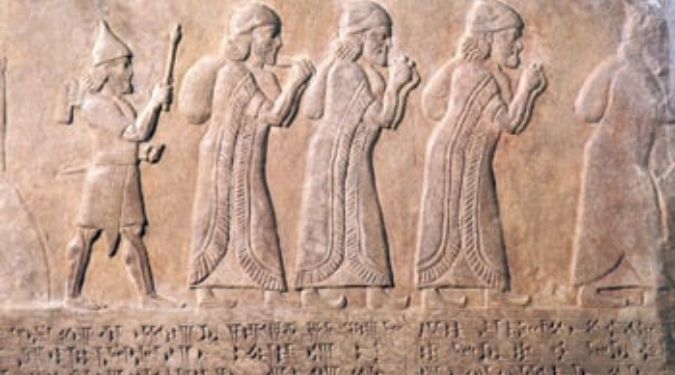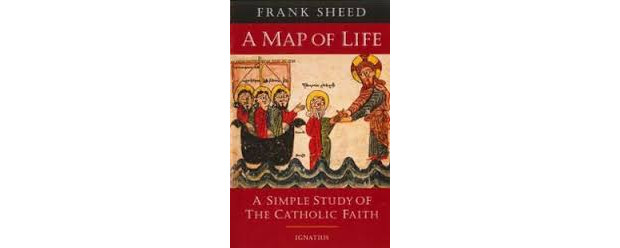In the Book of Jeremiah we read some words that God had for Baruch, Jeremiah’s scribe:
And do you seek great things for yourself? Seek them not; for behold, I am bringing evil upon all flesh, says the Lord; but I will give you your life as a prize of war in all places to which you may go.”
Jeremiah 45:5
The Hebrew word used in here for a “prize of war” is שָׁלָל, is pronounced “shaw-LAWL” and is transliterated into English as “shalal”. It appears a total of 73 times in the Old Testament, but is used as a figure for God’s deliverance or rescue only in the Book of Jeremiah.
A prize of war is spoil, persons or things, seized from a defeated enemy. You might picture victorious soldiers plucking the valuable spoils from the rubble of the vanquished city, but a more appropriate meaning and image in this context is that of a victorious army hauling way their defeated enemies away as captives, stripped of their possessions, and perhaps with only the clothes on their back, if that. (Deuteronomy 20:14)
God uses the word again in chapter 21 and again chapter 38, when speaking through Jeremiah to the people of Jerusalem:
He who stays in this city shall die by the sword, by famine, and by pestilence; but he who goes out and surrenders to the Chalde′ans who are besieging you shall live and shall have his life as a prize of war.
Jeremiah 21:9, echoed in Jeremiah 38:2
Abbot Antoine Augustin Calmet, O.S.B., a noted 17th century biblical scholar and French Benedictine monk, commented on this verse saying, “He shall be happy to escape naked.”
Jeremiah used the phrase a last time when he shared God’s word for E′bed-mel′ech, an Ethiopian eunuch in the service of King Zedekiah, who rescued Jeremiah after he had been thrown into a cistern to die:
For I will surely save you, and you shall not fall by the sword; but you shall have your life as a prize of war, because you have put your trust in me, says the Lord.’”
Jeremiah 39:18
Robert Alter, a contemporary Jewish Biblical scholar, comments on this verse saying : “It will not be the booty of others. This is a way of saying that you will escape with your life.” (Alter 990)
These word pictures remind me of Paul’s words to the Corinthians in the New Testament when the Corinthians were arguing over the relative merits of their favorite evangelists:
For no other foundation can any one lay than that which is laid, which is Jesus Christ. Now if any one builds on the foundation with gold, silver, precious stones, wood, hay, straw— each man’s work will become manifest; for the Day will disclose it, because it will be revealed with fire, and the fire will test what sort of work each one has done. If the work which any man has built on the foundation survives, he will receive a reward. If any man’s work is burned up, he will suffer loss, though he himself will be saved, but only as through fire.
1 Corinthians 3:11-15
A “prize of war” and “saved, but only as through fire.” What might this mean for us? If we assign a spiritual sense of Jeremiah’s words, I think it means at least two things. First, we are on a spiritual battlefield and at risk of being captured by the enemy. Secondly, our deliverance will undoubtedly be humbling. We will be plucked from the rubble of the battlefield naked, suffering the loss of what we once thought important. Our rescue will involve a necessary purgation, of sorts.
References
Alter, Robert, translator. The Hebrew Bible, A Translation with Commentary. First ed., vol. Prophets, New York, W.W. Norton & Company, Inc., 2019. 3 vols.
Haydock, George Leo. “HAYDOCK CATHOLIC BIBLE COMMENTARY ON THE OLD TESTAMENT.” e-Catholic 2000, 2 October 2022, https://www.ecatholic2000.com/haydock/untitled-955.shtml#navPoint_956. Accessed 18 November 2023.



